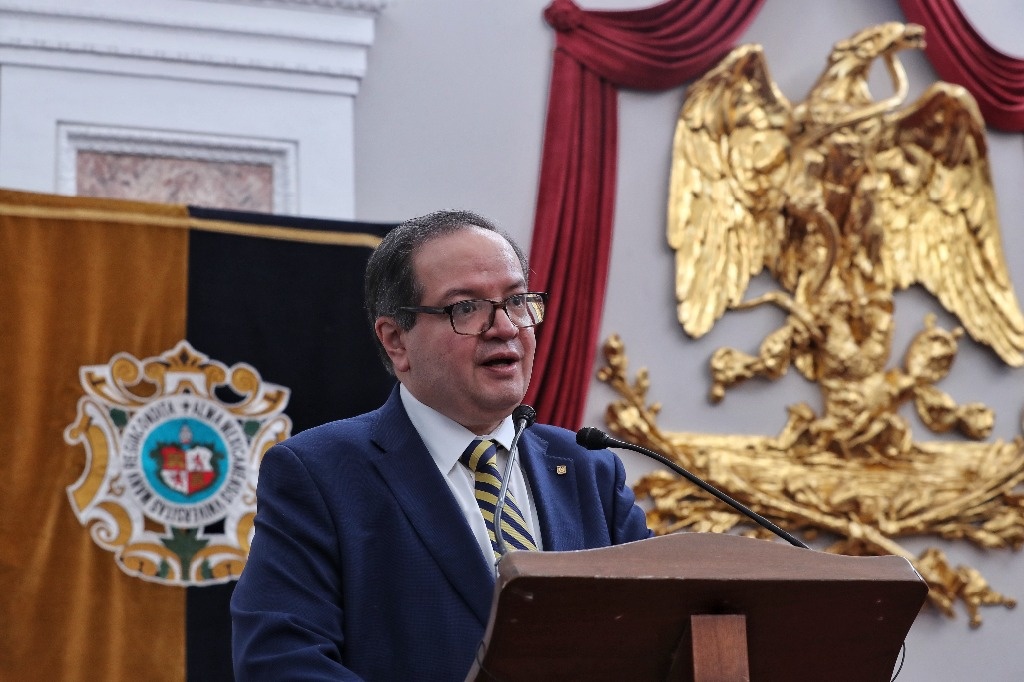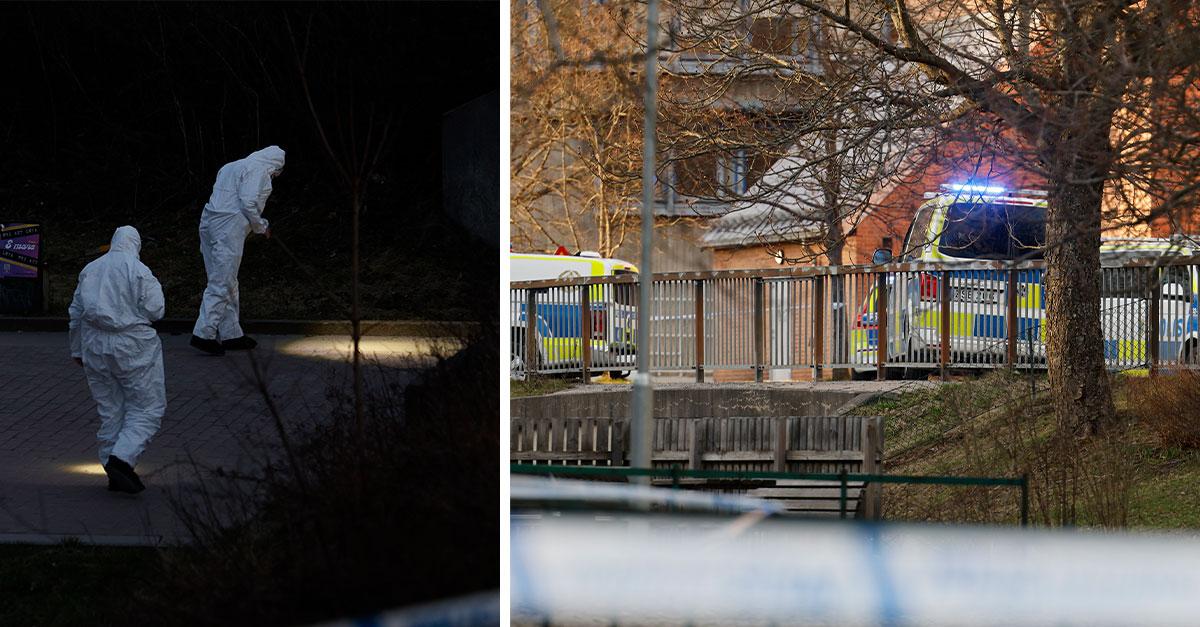Leonardo Lomelí Vanegas, rector of UNAM, expressed that Mexico is going through a decisive moment: an electoral year in which not only its immediate future will be defined, but also the solidity of its democratic institutions and the civic commitment of its society.
He added that in this context, the social sciences are called to draw roadmaps and provide solutions.
When inaugurating the IX National Congress of Social Sciences, of the Mexican Council of Social Sciences (Comecso), he pointed out that, despite the hope placed in the democratic process, the serious challenges that our country faces in terms of inequality must be recognized, access to information, security and the integrity of their political life.
However, he said, democracy continues to advance, sustained by the participation of society and collaboration between different sectors, including academia.
“Today, more than ever, it is necessary for the social sciences to build bridges between various areas of study, transcend the barriers of established knowledge and promote a comprehensive understanding of the problems of our nation, accompanied by greater social appropriation of scientific knowledge” , he indicated.
Accompanied by the member of the UNAM Governing Board and executive secretary of Comecso, Jorge Cadena Roa; and the rector of the Universidad Veracruzana, Martín Gerardo Aguilar Sánchez, Lomelí Vanegas celebrated the extensive program of activities of the Congress, which covers 21 thematic axes such as: importance of informed voting; critical analysis of political proposals; democratic values; and principles of legality, impartiality and transparency that must guide any electoral system.
In the auditorium, Pablo González Casanova, from the Institute of Social Research (IIS), highlighted that public and autonomous higher education institutions also have the mission of training informed, critical and participatory citizens, and of recognizing diversity of thought. a stronghold.
“I invite you to continue promoting an environment where all voices are heard and respected, as it is the only way in which we are able to imagine and design a more just, equitable and more sustainable world,” he added.
Cadena Roa commented that the Congress shows the scientific capabilities that Mexico has to understand the economic, social, political, cultural, environmental processes and propose forms of intervention based on evidence, and reiterate that the social sciences provide elements to discuss fundamental issues of the national agenda.
“In these activities we are not motivated by a logic of power. Science, it seems to me, should remain separate from political contests. We want, yes, a better country and to contribute to it from the social sciences,” he reiterated.
He explained that before the federal elections in June, the Scientific Committee of Congress defined that its biennial meeting would focus on “Social sciences and the challenges for Mexican democracy.”
Two conferences are scheduled, eight keynote tables with the topics: inequality and poverty; the challenges and opportunities of the Mexican economy; the water crisis; insecurity and violence; internal forced displacement; artificial intelligence and teaching, research and dissemination; as well as the resilience of democracy in the face of authoritarian attacks. These topics will be addressed in 216 tables with the participation of 1,035 speakers. The ninth IIS Book Fair is also being held, with the Universidad Veracruzana (UV) as a special guest this year.
Rector Aguilar Sánchez also considered that in times of socio-political definitions and reconfigurations, which raise positions and commitments on the part of the national scientific community, it is essential to think about the social sciences and the role they play in the challenges of democracy in Mexico.
This reflection, he added, must be an exercise shared in the academy and that has an impact on Mexican society and its expectations.
Previously, the UNAM Humanities coordinator, Miguel López Leyva, mentioned the importance of the topic of the academic meeting in the face of the new wave of autocratization that is being experienced not only in the region, but in the world.
We are, he noted, at a critical juncture in which the institutional and conceptual foundations of democracy have been questioned by those who have singularly benefited from it. “The agents of change – if you can call them that – are not soldiers or armed groups in rebellion but civilian leaders, with high popularity rates who take advantage of the rules of competence that they negotiated to access power and transgress the rules.”
Also participating in the opening of the Congress were: Yvon Angulo Reyes, interim director of the IIS; Mauricio Sánchez Menchero, director of the Center for Interdisciplinary Research in Sciences and Humanities; and María Luisa Martínez Sánchez, researcher at the Social Research Institute of the Autonomous University of Nuevo León, and member of the Comecso Steering Committee; among others.
#Elections #opportunity #strengthen #democracy #Mexico #UNAM
– 2024-04-12 13:33:21


